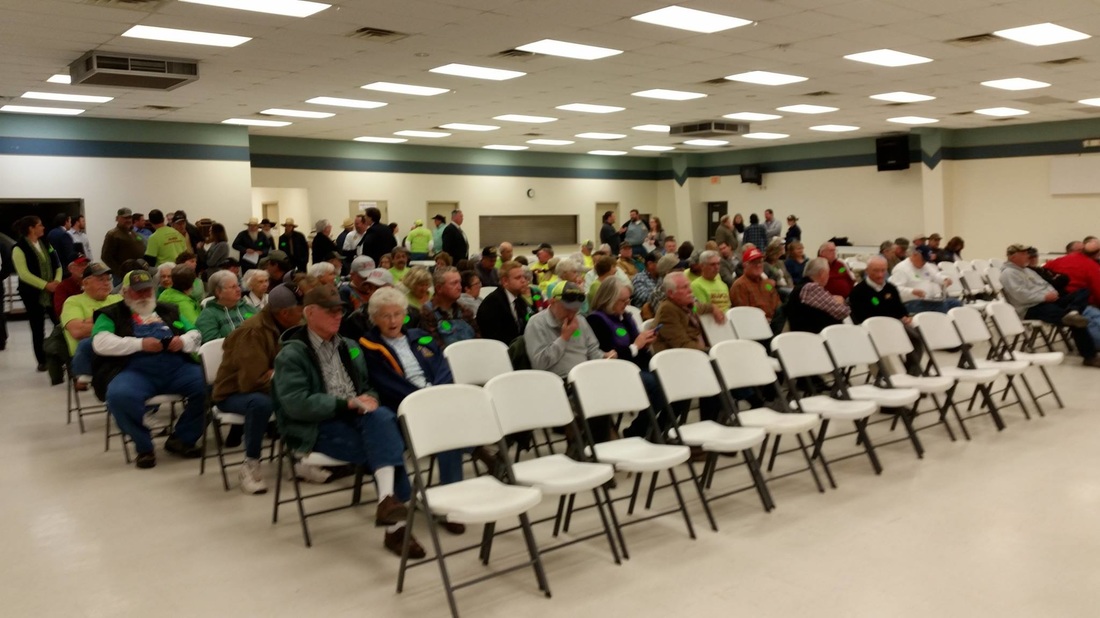"I can't, I can't, I can't, I can't get over these hurdles," said the Little Engine That Couldn't. "Wheeze, cough, sputter," went the Engine. "Where are my customers?" whined the Engine as its wheels fell off and it puffed mightily to a full stop.
"Where are my customerssssssssss..."
KUAR also points out:
When asked in November whether the federal lawsuit will slow the project’s intended construction start following the delivery of a HVDC converter station in Pope County, Clean Line Founder and President Michael Skelly said the transmission project is moving “full steam ahead.”
That's just not happening. Clean Line has its eggs mixed up with its chickens. While it's probably true that nobody wants to finance a transmission project with a pending lawsuit hanging over its head, the bigger problem here is that Plains & Eastern has no customers. None. Without customers, the project has no projected revenue. It's just like asking for a loan when you're unemployed. Just.not.happening.
Clean Line has neatly lined up all its own business failures in a row and blamed it all on the lawsuit.
“Utilities will have to contract for energy to deliver to their customers with specific dates in mind. A delay in this matter has the potential to delay the entirety of the project as financing institutions require a high degree of certainty – meaning a low risk of legal and regulatory obstacles – prior to committing the capital to make multi-billion dollar investments required to construct the project and the wind generation that the project will enable,” Heister continued. “Because of the interconnected nature of all of the various project participants, even small schedule delays can lead to cascading impacts.”
Clean Line can't get financing because of the lawsuit.
Clean Line can't get customers because of the lawsuit.
Clean Line's project will be delayed because of the lawsuit.
Wind farms cannot be built because of the lawsuit.
And, worst of all, any delay in the project would push back the date “on which the public benefits from new renewable energy generation" (!!!)
What generation? I don't see any generation. Because of the lawsuit.
That lawsuit! It's the only reason Clean Line hasn't fired up the bulldozers yet!
Want to be part of the winning team? Golden Bridge, the landowner group behind the lawsuit, is still accepting new members. Check it out!
And, hey, remember that Clean Line is having this gigantic fit in front of a federal court judge because it wants a hearing to be held one month sooner than the judge has scheduled. One month. A one month scheduling delay is going to make or break this project, or so Clean Line says.
Clean Line has been trying to build this project since 2009. That's eight years. Eight. And suddenly one month is the difference between success and failure. Maybe Clean Line is planning to run out of money sometime between October and November of this year and won't be around for a November court date?
And isn't it funny... the lawsuit claims that due process was never afforded to Arkansans during the DOE's Section 1222 process. And now Clean Line wants a judge to speed up the routine hearing process as well. Talk about adding insult to injury...
And what about those "conditions precedent" in Clean Line's "Participation Agreement" with the DOE? These are the conditions Clean Line must satisfy in order for the DOE to "participate" in eminent domain land takings:
- Customers. The project must present fully executed term sheets with customers.
- Executed interconnection agreements with regional grid operators.
- Insurance that holds the United States of America harmless for any of Clean Line's issues.
- Financing. The project must have money with which to build.
Nope.
Clean Line needs to quit blaming others and own its failure. Quit embarrassing yourself.
Update: Oh, snap! The judge has denied Clean Line's motion.



 RSS Feed
RSS Feed